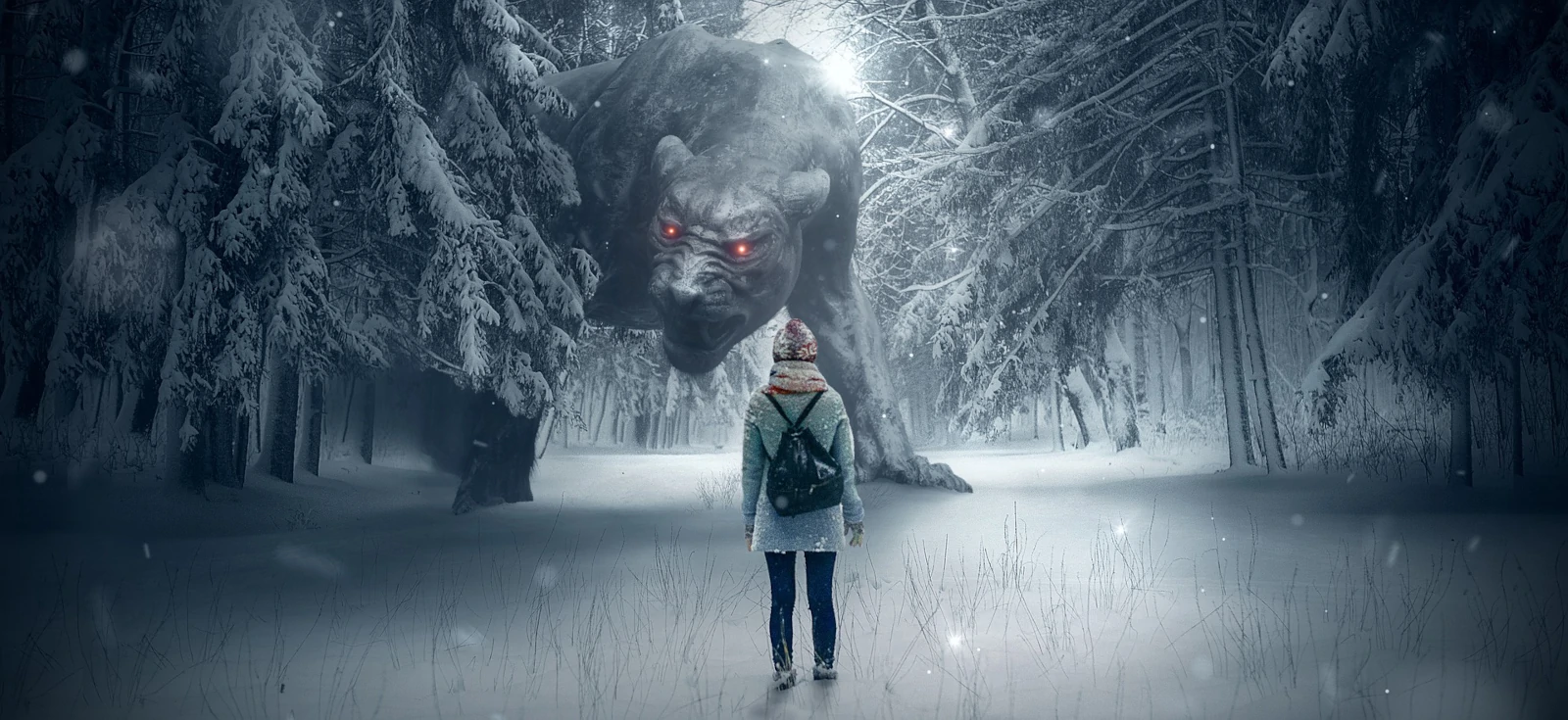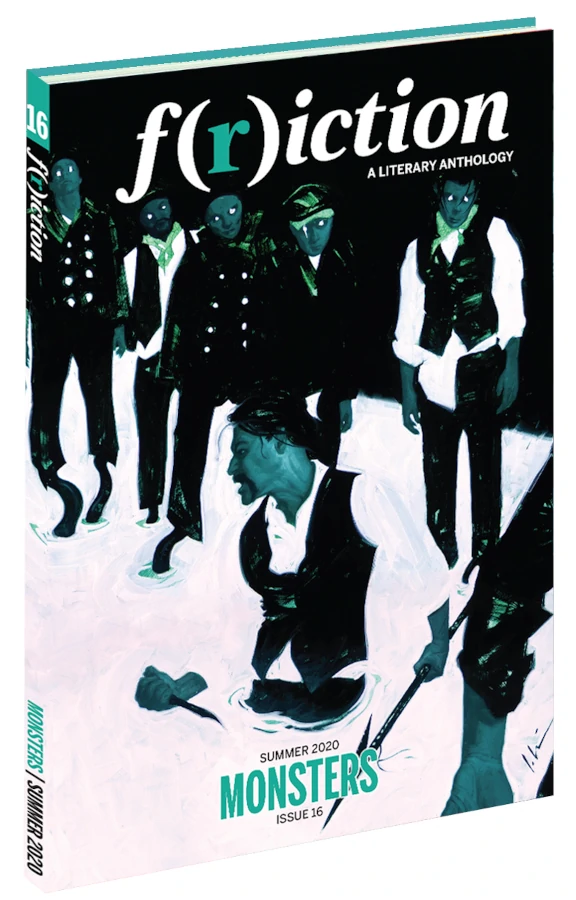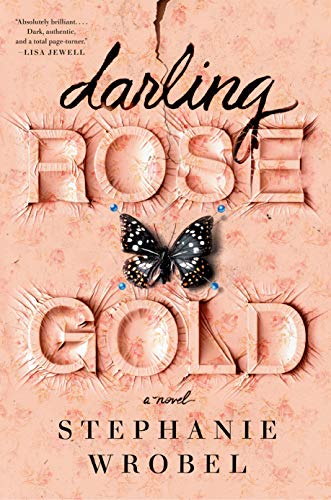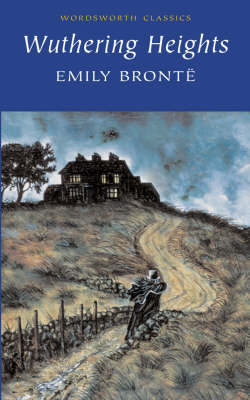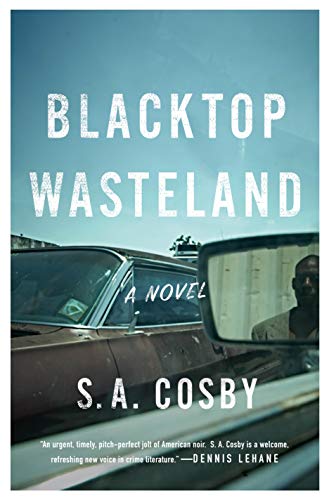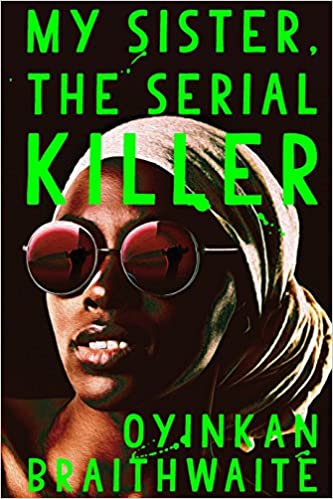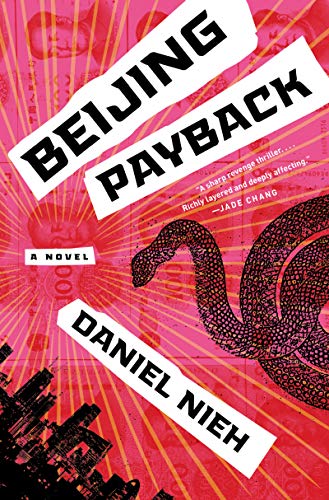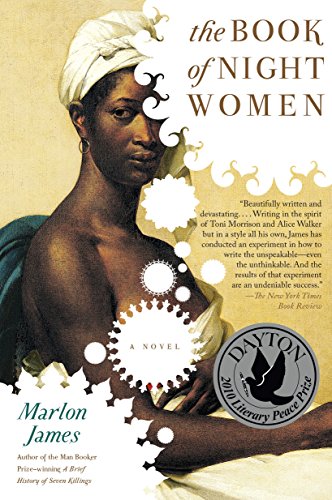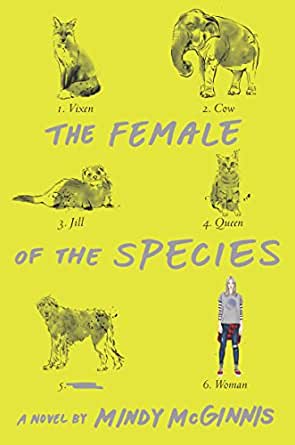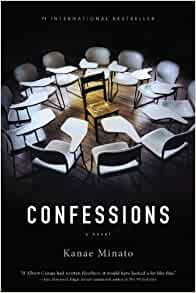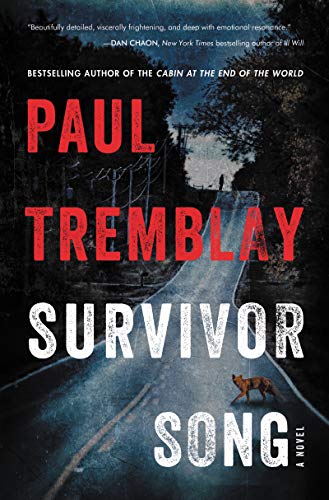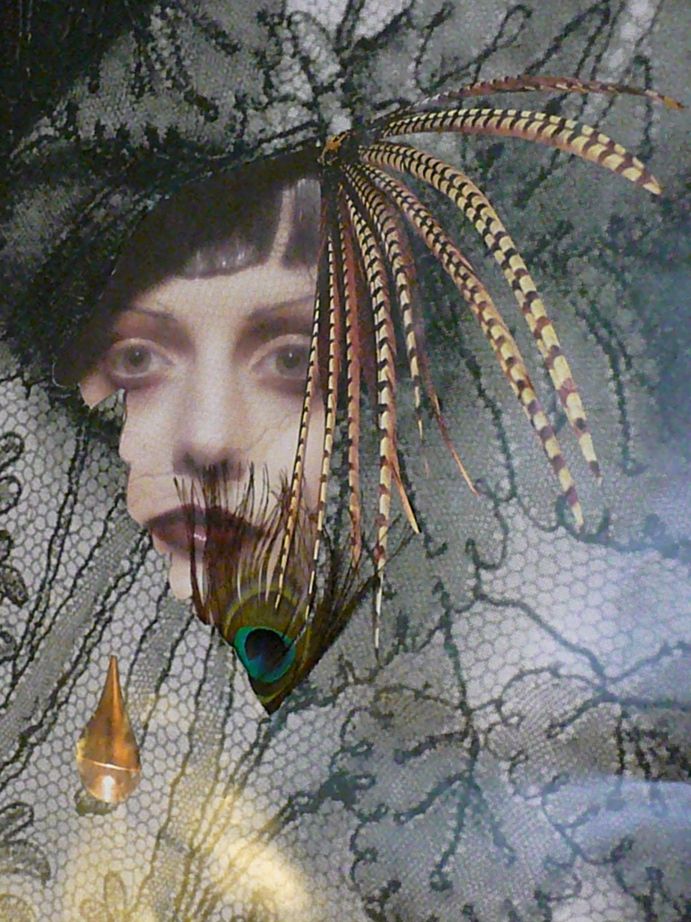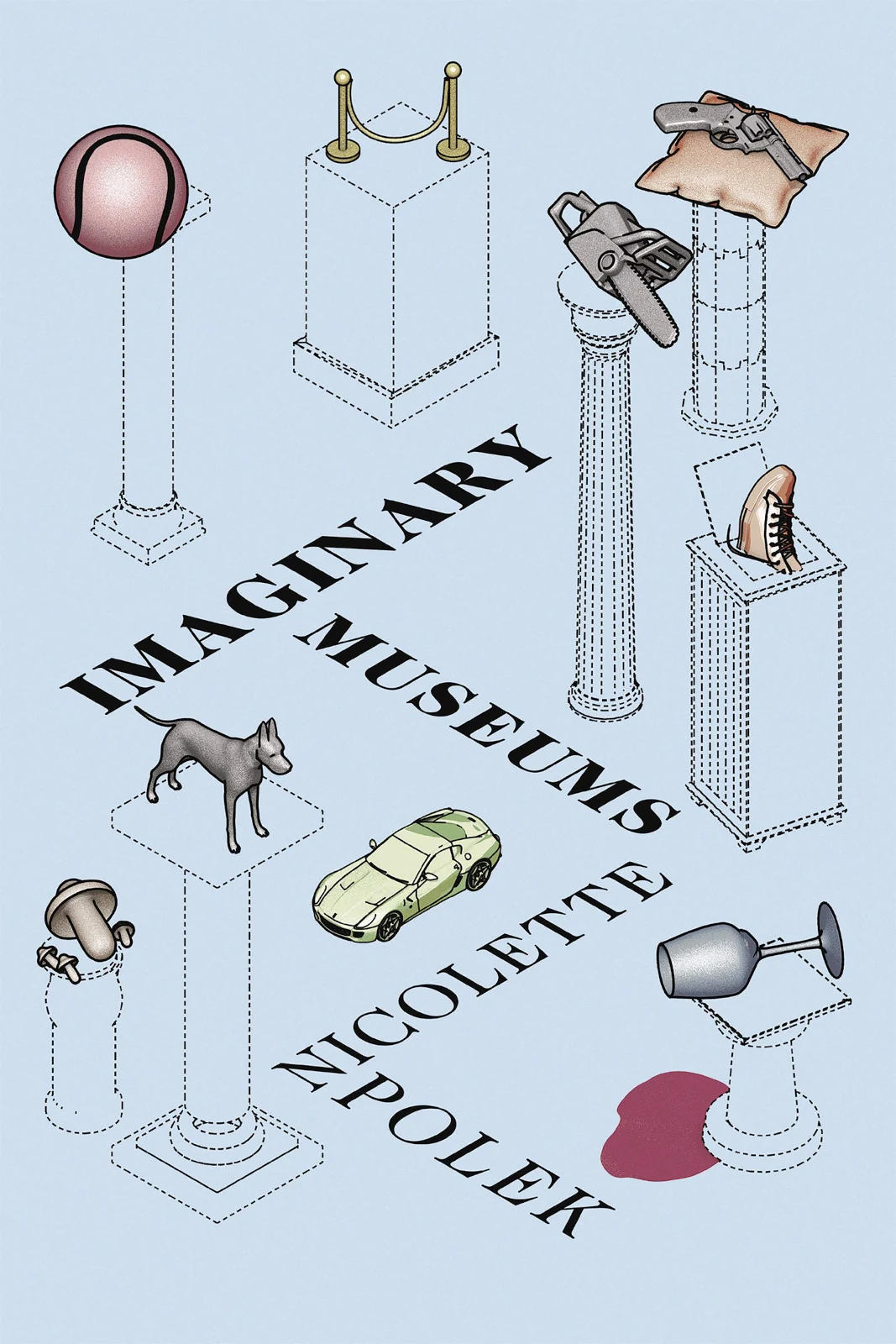Businesses are usually hierarchical and authoritarian. They put turning a profit first, sometimes to the detriment of the planet and their employees. In this interview series, we’re highlighting presses and bookstores managed along horizontal lines. Some are cooperatives, while others simply reduce hierarchies in their management. By spreading out leadership and in some cases ownership of a business, these companies allow their employees to steer them into making sustainable, ethical choices that aren’t driven by profit.
Founded in 2007 by a small group of people with decades of publishing, media, and organizing experience, PM Press is an independent publisher of radical literature. PM is primarily based in the San Francisco Bay Area, though many of their workers are remote.
Like many small businesses, PM could use your support as COVID-19 grinds the economy to a halt. Consider purchasing some books from their webstore, or becoming a Friend of PM.
This interview was conducted with Joey Paxman from PM Press. The opinions he expresses are his own and do not represent the entire perspective of PM Press.
Thomas Chisholm (TC)
When we spoke at AWP, you mentioned that PM Press is not exclusively an anarchist press. I wouldn’t have noticed that looking in from the outside. What types of writing are y’all open to publishing?
Joey Paxman (JP)
PM has published across the left-wing spectrum. We have authors who are anarchists, Marxists, and even liberals. Some think voting in an election is a total sham; others think that more lefty radicals should run for office. From Understanding Jim Crow to Bodies and Barriers,the books we’ve published are quite varied and diverse. We have a science-fiction novella written by a trans woman and crime-noir novel written by a Vietnam veteran. We have books that analyze the history of UK punk and a forthcoming title by Richard Manning that, among other things, explores the roots of so-called Americana music.
TC
Did PM Press start in living rooms and garages? Is there any formal office space today?
JP
PM did indeed start out in living rooms and garages. God, what a nightmare it was when our warehouse was literally Dan’s house in East Oakland! You’d walk through his front door and it was like a goddamned corn maze of boxes in there! You had to play “Marco Polo” just to find Dan hidden somewhere between stacks of books. Luckily, we have a real warehouse now.
In the last thirteen years, PM Press has spread throughout North America and the UK. We now have offices with our full-time staff from the Pacific coast through the Rockies, into New England, Montreal, and beyond. So, by necessity, we don’t have a central office space where everyone clocks in.
TC
How is the management of PM Press organized? In what ways is it different from a typical top-down business model?
JP
This is a question that we receive quite often and most folks seem genuinely disappointed to hear that we don’t actually operate as a formal collective—in the sense that we don’t practice a formal collective process.
First of all, as mentioned above, we all work remotely. Basically, we are all adults at PM Press and we try to make adult decisions based on mutual respect and an understanding of what will work best for us, both as a publishing company and as individuals.
We don’t have a formal management structure. But the work we all do inevitably intersects at some point, which creates a situation where we all kind of hold each other responsible. For example, if I drop the ball on something that I’m responsible for during the production process then it’ll more than likely hold up something that another PM staffer is meant to be working on. They might give me a nudge to get my work done so that they can, in turn, get their work done.
I think it’s a more “human” approach than your typical top-down business model where you have a manager breathing down your neck. Though it should be acknowledged that this is hardly a profound approach. I mean, much of society actually operates in this fundamentally anarchistic way. Pay attention to your daily interactions. The majority of our lives are spent voluntarily cooperating with other humans.
TC
What about this model suits the needs of those employed by PM Press?
JP
I really can’t speak for everyone at PM Press. No matter what I say someone at PM will roll their eyes (and rightly so). So, speaking strictly for myself, this model allows me to retain a functional life outside of work. Much has been said about the soul-sucking nine-to-five grind. I like that my fellow PM Press cohort can trust that I’m giving 100 percent while I work remotely from the furthest reaches of the Rocky Mountain west. We don’t have to have weekly “consensus” meetings to decide on every painstakingly-tedious aspect of running the company because we trust each other.
TC
Are there defined positions for the PM staff? How would someone switch jobs if they tired of their role over time?
JP
There are defined positions at PM Press, though concrete definitions remain elusive at best. Everyone at PM Press plays a very dynamic role in the day-to-day operations. There does not exist any college degree or formal training program that could prepare you to work at PM Press. Aside from a passion for books, ideas, and a working knowledge of radical Left politics, there are countless other skills (or attitudes) required for working at PM. Can you travel? With the complete collapse of the book trade there simply are not many physical spaces where books are sold (i.e. actual bookstores!), so we are forced to set up shop at places like book fairs, music concerts, and conferences to sell our books one at a time, face-to-face. Do you have thick skin? Everyone’s a critic! Are you self-motivated, self-reliant, self-organized, etc.?
A complete switch in jobs isn’t necessarily possible since we operate as a skeleton crew. With that said, there are actually endless variations within each position. It’s a dynamic job and positions are, more or less, ever changing.
We have a warehouse manager who basically takes care of damn near everything related to shipping (which is so much MORE than just filling online and catalog orders). We have copyeditors/proofreaders. We have a fulltime publicist/web coordinator and a fulltime events coordinator. There are a few of us who mainly work as editors or book production managers. And, as I said, we all pitch in on a countless amount of other activities.
TC
With job positions at PM being fairly static (yet elusively so), does that mean they can be exclusive? For example, if the warehouse person has a great idea for design and layout (and the know how to pull it off) would they be allowed to take that kind of project on, or is that stepping too much on someone else’s toes?
JP
Jobs are not exclusive at PM. Your example is kind of funny because it just so happens that our warehouse person has designed almost half of our T-shirts! So, yeah, there can actually be lots of crossover at PM.
TC
I was reflecting on your thoughts about the book trade. Specifically, how PM has made most of its sales in person at events like book fairs and conferences. As someone working for a journal always in need of more readers, what are the logistics of getting books to events? You mentioned PM’s good fortune in having dedicated volunteers or staffers table events all over the country. Does that mean the warehouse person has to ship a bunch of boxes of books to a volunteer on the opposite side of the country and then that person ship back what they don’t sell? I’d love to table events for F(r)iction, but they may not yet have the capacity for shipping things like that.
JP
Getting books to events is quite a task but we’ve more or less figured out a doable system. First of all, our full-time PM staff is spread throughout the country and whenever possible we try to choose events within driving distance so that we don’t have to ship stock beforehand (we all generally keep some tabling stock in our respective garages).
But if a flight is required, or a volunteer is staffing the PM table, we either have books shipped from our distributor (Independent Publishers Group in Chicago) or our warehouse in Oakland. The unsold materials must then be shipped back at some point. Of course, shipping materials can be costly. So this kind of leads us to some big questions: how to choose conferences and book fairs worth attending. Or, what is our “goal” or “purpose” for attending a conference? Are our goals financial, political? We’re constantly weighing the pros and cons of every conference we choose to attend.
And sometimes high on that list of considerations is whether or not we can actually break even financially (which includes the high cost of shipping our materials). Frankly, there are very few, if any, events each year where we turn a bona fide profit. But there are less tangible benefits too. Like meeting new authors and bookstore owners, getting a face-to-face dialogue with customers, and just a general engagement with the rest of the book trade. Sometimes we think that it’s important to simply have our books (and the ideas contained therein) on display at a certain event.
TC
How many people make up the PM Press staff? Does PM hire freelance editors? Do volunteers make up any of the staff?
JP
We currently have ten people who work full time at PM Press. We work with freelance editors on an as-needed basis. Freelance editors such as Terry Bisson are absolutely indispensable to PM Press! One of the major obstacles to hiring freelance editors is that we simply do not have the resources (i.e. the dough!) to do so regularly.
Finding volunteers is quite difficult since we do not have a central office where volunteers can just show up and get plugged in. We do have a number of folks who generously volunteer their time to sell our books at a variety of events.
TC
How has PM Press sustained itself for thirteen years?
JP
Believe it or not, we somewhat know what we’re doing. Financially speaking, it’s been our willingness to keep showing up. The greater book trade is dead. Period. And so we just keep showing up anywhere and everywhere. As I said above, we have sold millions of books often one at a time, face-to-face. Otherwise, we’ve sustained the operation because we believe in what we are doing and therefore keep chuggin’ along.
Another important aspect of financial stability has been our Friends of PM (Book Club). It’s a subscription type of deal where you can pay a small monthly fee and have all of our new releases shipped to your front door each month. We have hundreds of subscribers and their monies help give us a stable platform from which we can operate.
TC
Twice now you’ve mentioned that the greater book trade is dead. Would you mind elaborating a bit on what killed it and when? As a follow up to that, I’m also curious about marketing at PM. I think we live in this mythical golden age of marketing because social media dominates so much of our culture. In the death of the greater book trade, does social media and web marketing help sell books at PM?
JP
Your question about the book trade being dead is incredibly complicated and an entire volume could be written. I hesitate to give a simplistic answer since many will inevitably poke holes in my thin argument. The current decline of the book trade really started about thirty years ago. It’s incredibly complicated and multifaceted. I think one thing we can all agree on is that people simply do not read anymore. But there are also countless factors that make the book trade incompatible with capitalist economics. And everyone has quickly figured out that Amazon doesn’t merely “dominate” the book trade; Amazon is the book trade!
In terms of social media and web marketing, both are definitely an important aspect of bookselling these days since there are precious few bookstores still in operation. But the majority of our books are still being sold in-person. The big, dark secret in the ENTIRE book trade is that nobody really knows how to sell a book these days. And nobody can accurately predict best-sellers. We’re all groping in the dark.
TC
Since PM’s founding, has there been any turn over in the staff? If so, how are new people hired?
JP
Believe it or not, the answer is no. There hasn’t actually been any turnover when it comes to our fulltime-core staff. PM has hired new folks as we grow and this usually comes from knowing the person on both a personal and professional level. As I said above, there isn’t any sort of college degree that could prep you for working at PM Press so hiring new people can be a real challenge.
TC
Is there a process for firing someone?
JP
We don’t have a process for firing someone. Oops!
TC
What advice would you give to folks wanting to start a press or work in the publishing industry? Does it make sense to do one before the other?
JP
You know, I guess it depends on what you’re trying to do. Are you starting a vanity press that will publish one or two books a year? Or a poetry press with monthly releases? Do you seek a full-time staff that will be paid a reasonable salary? Or is this just something to do on the side as a hobby?
Before starting your own press I would highly encourage you to first work within the publishing industry to learn how it operates. The trouble, of course, is that many opportunities for a paid gig in publishing do not exist anymore. So you might try for an internship or a volunteer gig first and see where that leads.
TC
What goals or benchmarks is the press currently aspiring towards?
JP
Total domination of the book trade of course!

